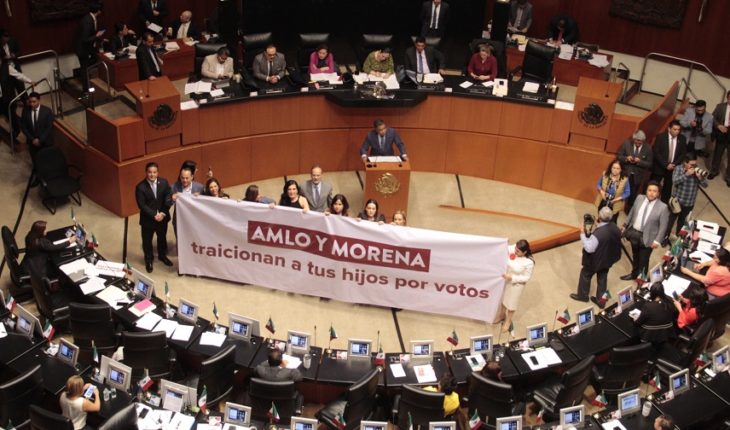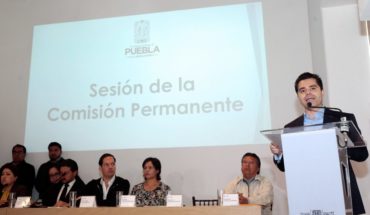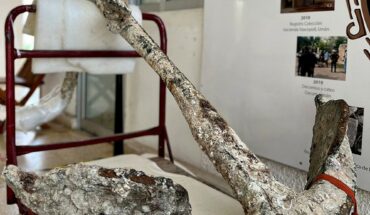Members who chair the Education Commissions in the states accuse that they were used only to participate in the educational reform consultation forums in the Chamber of Deputies, but their proposals were not integrated into the secondary laws of the Reform Educational, and their attempts at communication in recent months were ignored because no federal lawmakers received them again.
The president of the Congress of Chihuahua and the Committee on Education, René Frías, warns that the entity has been applying exams for the entrance to the teaching service for 10 years, and from the new regulations will be broken with this practice that has been successful.
Although labour rights must be monitored by the Magisterium, the necessary regulations should be established to make the new procedure sufficiently “transparent”, he says in interview.
This is one of the concerns of more than twenty Members on the opinions of the three regulatory laws of Education Reform, approved by the Chamber of Deputies on 20 September.
These same groups also raised the possibility of going to the Senate but could not, given the haste in which the opinions were discussed in committees on Tuesday and then arrived at the plenary for approval.
Find out: The key points of AMLO’s three secondary laws of education reform
That is why other deputies such as the member of the Congress of Oaxaca, Juana Eagle, chose to send offices to the Senate Education Committee, as another attempt to have their demands heard.
However, MPs are disappointed that they were first invited to the consultation forums organized by the Chamber of Deputies as a show of openness, unlike the reform of the previous six-year period, but after that they did not have contact again with federal lawmakers or with the chair of the Education Commission, Adela Piña.
“Their commitment was that after the forum we would meet again to give us the opportunity to raise the concerns, but there was no longer communication, as the calls were received by the advisers or the technical secretary, and that was the complaint of the Presidents (deputies of the states), of the lack of attention of President Pineapple, above all, of what happened,” he says in an interview with Animal Político, the Deputy Frias.
Meanwhile, the chairman of the Baja California Congressional Education Commission, Esteban Ojeda, says that during the forums “we “made a lot of contributions and few were taken into account,” he says.
Many of the considerations will have a budget impact at the federal and state level, and, for example, for Baja California Sur there is still no clarity regarding faculty, because when there are not enough federal resources to hire teachers, it does state.
That’s why there are many teachers who even when they passed the exams for more than five years, still do not have definitive places.
Regulatory laws approved that there should be a tripartite commission with the representation of the federal, state and union PMI to define the delivery of teaching places, promotion and even change of workplaces.
In this regard, mr Ojeda says, he will touch the states with defining “clear rules so that no part is exceeded, that there is surveillance so that they meet the specifications and that the union does not have its hands on it, that it participates, but is regulated”.
The deputy of Campeche, Ricardo Sánchez, also mentions another of the complications that the states will face: the normal ones. According to secondary laws, all graduates of normal schools will have a workspace automatically.
However, “that will be complicated because there are a limited number of vacancies for graduates, criteria should also be taken into account to grant them.”
Mr Sanchez says that there must be the participation of the trade union in the allocation of places since they must monitor the rights of the labour, the rights acquired.
Another point of the Members of states that were not included in the regulatory laws is the inclusion of technical education, the strengthening of initial education and the establishment of Pedagogical Technical Advisers at all levels of Education.
What we do in Animal Político requires professional journalists, teamwork, dialogue with readers and something very important: independence. You can help us keep going. Be part of the team.
Subscribe to Animal Politician, receive benefits and support free journalism.#YoSoyAnimal
translated from Spanish: State MPs, ignored by Congress for education laws
September 26, 2019 |





